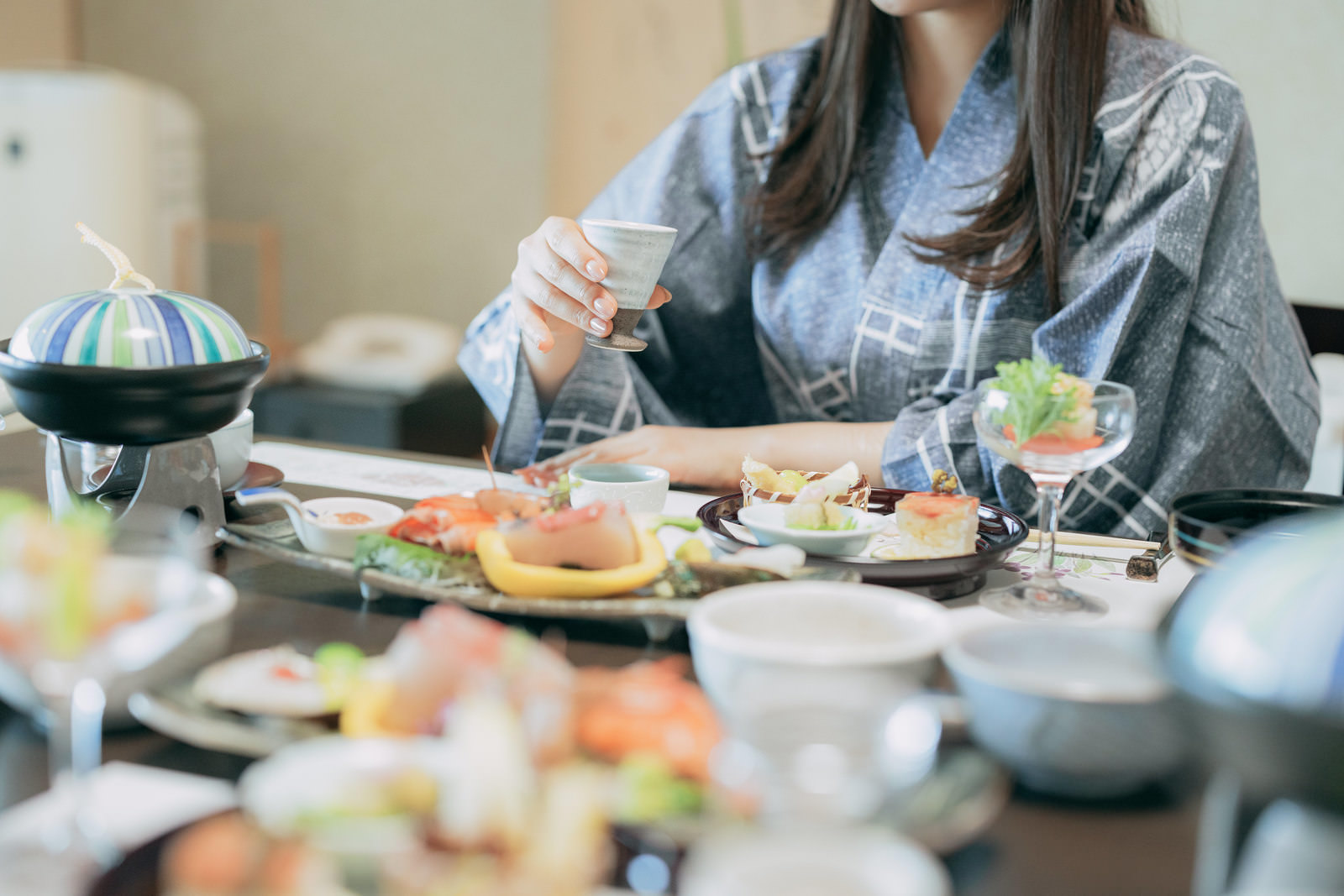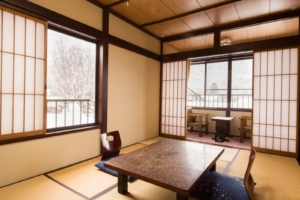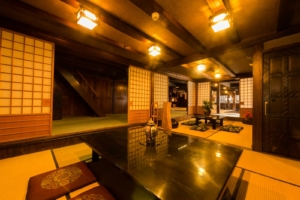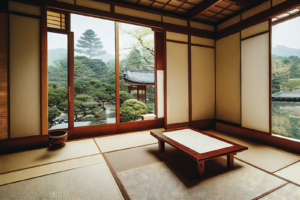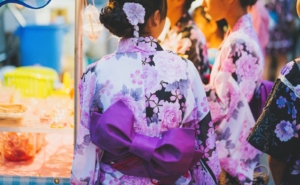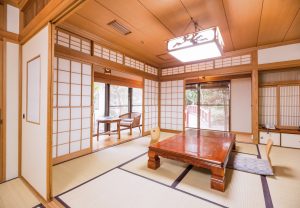Do I need to tip at a Japanese ryokan?
I have been asked this question by foreigners planning to travel to Japan or those interested in Japanese ryokan(旅館), especially Americans.
When I first travelled to the UK, I recall giving tips to hotel staff and taxi drivers, though it’s been so long that my memory might be a bit hazy. However, I do clearly remember tipping the postman and milkman during the Christmas season when I first moved to the UK. Nowadays, though, I rarely give tips in the UK. In most cases, restaurants and hotels include service charges in their bills, but if it’s not included, I usually add about 20% as a tip.
Understanding Tipping Culture “Japan vs. the West”
In contrast, Japan has very little tradition of giving cash tips. For example, if you stay at a traditional ryokan, staff will come to your room during dinner to prepare your futon (Japanese bedding). When you return from your meal, you’ll find your futon neatly laid out. Setting up and putting away the futon involves pulling it out of a closet and arranging it, making it more physically demanding than Western bed-making. In some cases, depending on the room grade, the staff will also bring an elaborate meal with many dishes to your room, set everything up, and clean it up afterward. When receiving such attentive service, you might feel inclined to leave a tip.
Tipping at a Ryokan: Is It Necessary or Not?
Again, in Japan, you generally don’t need to give a tip. Ryokan staff work as part of the service offered by the establishment and don’t expect extra compensation. They are already paid for their labour.
Therefore, expressing your gratitude verbally is more than enough. In Japan, the quality of service doesn’t diminish if you don’t tip. Japanese hospitality professionals take pride in consistently providing high-quality service, and simply enjoying your stay is considered a reward for the staff.
If there is an exception
That said, in cases where you receive exceptional service, such as when the staff takes you to a hospital if you fall ill during your stay, brings you medicine, arranges transportation or meals outside of regular hours, tidies your room after an unexpected mess, or offers particularly detailed travel advice, you may feel the desire to offer a tip as a token of your appreciation. In such situations, you can offer a tip, and depending on the ryokan, they may accept it.
This is part of Japanese custom, but directly handing over cash is considered impolite. The proper way is to place the money in a small envelope, but if you don’t have one, wrapping it in paper or tissue is acceptable. Unlike in some Western countries, there’s no custom in Japan of discreetly passing a tip during a handshake. While I personally think this practice, often seen in movies, is quite cool, you’re unlikely to encounter an opportunity to do this in Japan.
What Is “Kokoro-zuke”?
There is, however, an exception regarding tips in hotels known as “kokoro-zuke(心づけ),” a unique Japanese tradition. This is typically done when a large group is staying and special services are required, such as during banquets. In such cases, the group’s representative gives the banquet staff around 2,000 to 3,000 yen. It is customary to offer this when being shown to the banquet hall.
I personally have experience with this when I served as the organizer for a company trip. Upon arriving at the hotel and when entering the banquet hall, I gave kokoro-zuke to the head of the service staff and the banquet coordinator. This ensured smooth service during the banquet and other gatherings. Of course, even without a tip, the staff will provide excellent service, so kokoro-zuke is just a traditional custom. Additionally, during the same trip, I also gave kokoro-zuke to the bus driver and tour guide who transported our group to the ryokan. They stayed with us at the ryokan (in smaller rooms) and then took us back to our office the following day. Kokoro-zuke is often given on celebratory occasions in Japan, so it is customary for people to accept it. However, nowadays, company trips have become quite rare due to changing times, and fewer companies continue this tradition.
Ryokan may have different policies regarding tipping. Some staff might accept your tip, while others may politely decline. If you want to be sure, it’s a good idea to inquire with the hotel. And if they do decline, there’s no need to take offense—it’s simply a cultural difference.
